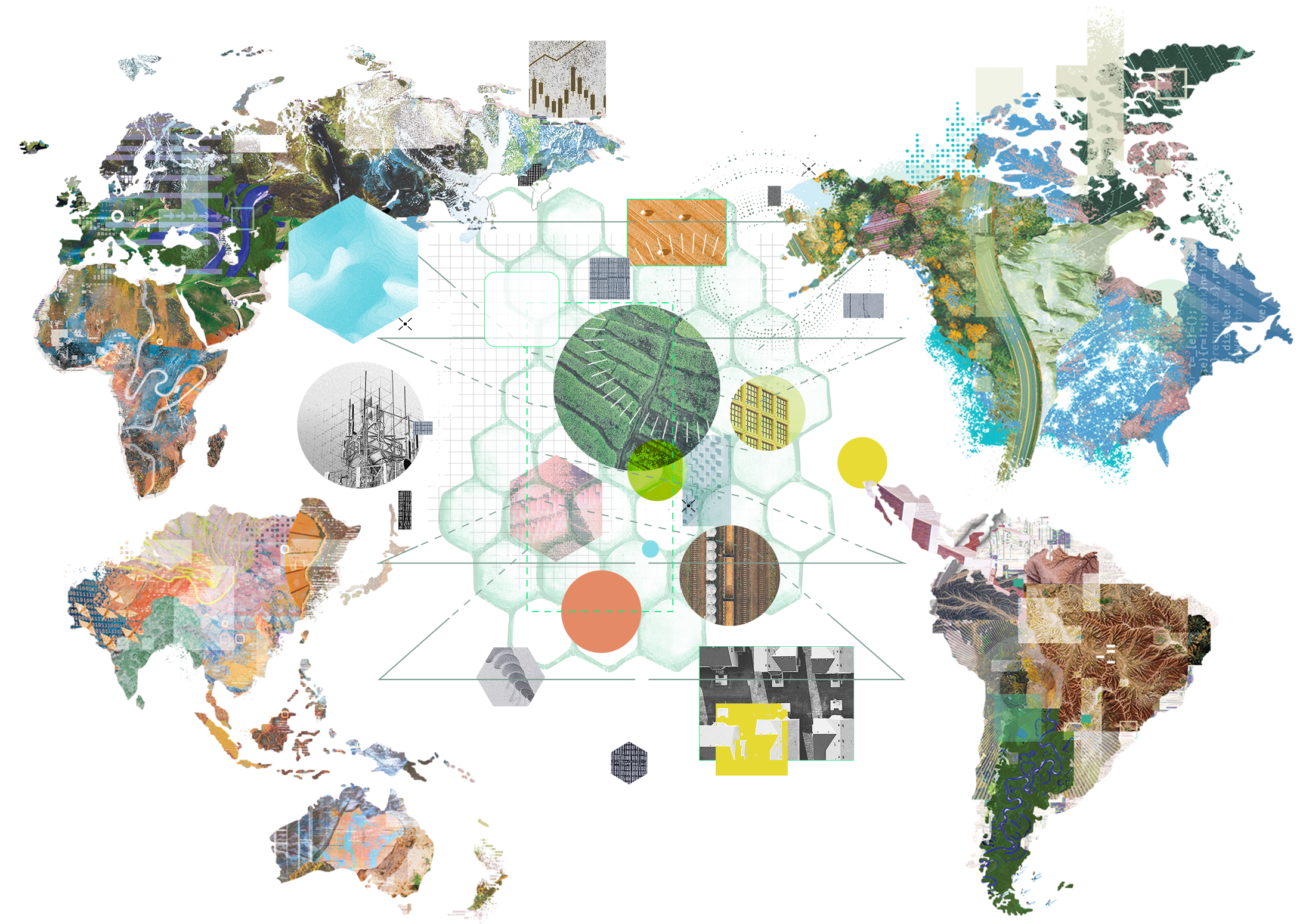Episode 9: What's next in 2023?
Listen: "We are coming out of a period of uncertainty," says David Bailin, Chief Investment Officer at Citi Global Wealth. "We've all been thinking it would go much faster than it has, but in the event we get to a more normal economy in 2024, given how vastly impactful COVID was, I think that that's a pretty fast outcome."
In the latest episode of Living Beyond Borders, a podcast produced in partnership between GZERO and Citi Global Wealth Investments, Bailin is joined by Eurasia Group President Ian Bremmer to discuss what's happened so far on the economic and political stage, and what we might look forward to in the back half of the year and into 2024.
From the ongoing conflict with Russia, to interest rates and government regulation, to tensions with China, Bailin and Bremmer talk through the biggest risks and opportunities they see in the next six months. They also discuss the rapid rise of artificial intelligence, political polarization, and more.
This episode is moderated by Shari Friedman, Eurasia Group’s Managing Director of Climate and Sustainability.

Shari Friedman
Managing Director of Climate and Sustainability, Eurasia Group

David Bailin
Chief Investment Officer, Citi Global Wealth

Ian Bremmer
President, Eurasia Group and GZERO Media











